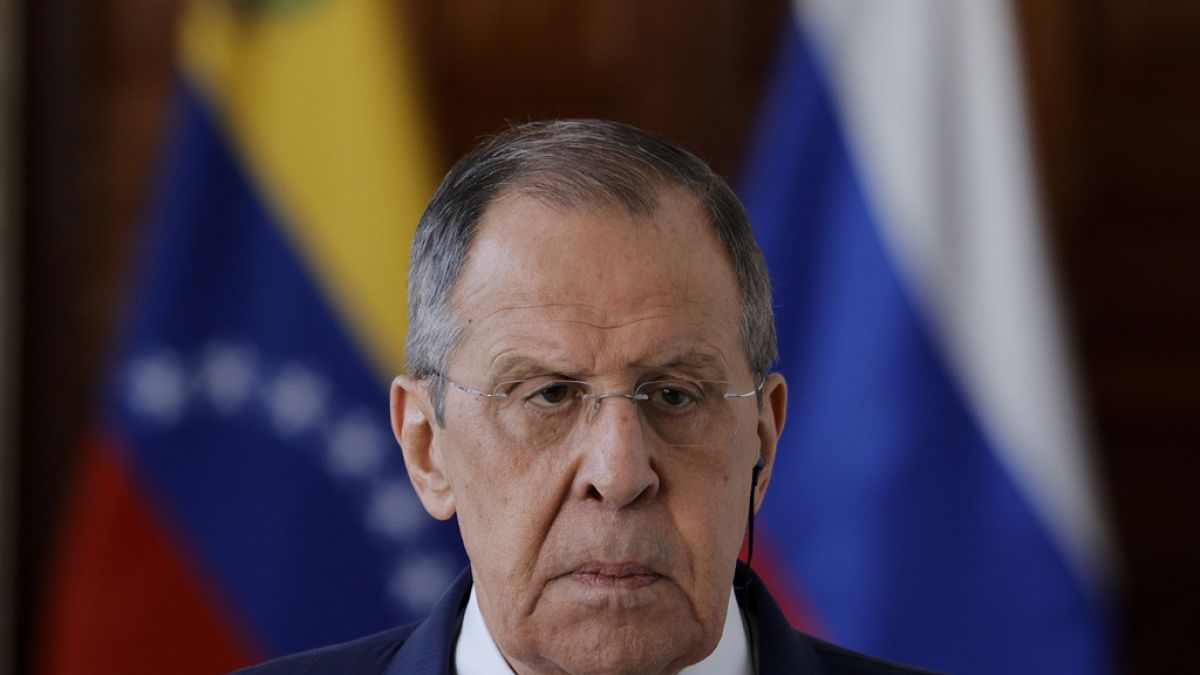Lavrov began his tour of Latin America on Monday with a first stop in Brazil followed by Venezuela and Nicaragua.
Russia's Foreign Minister Sergei Lavrov is expected to meet with his Cuban counterpart Bruno Rodríguez and President of Cuba Miguel Díaz-Canel on Thursday as part of his Latin America tour which will end on Friday.
The Russian foreign ministry earlier emphasised his trip is aimed at boosting mutually beneficial cooperation between Moscow and the countries of the region in the political, trade, economic, educational, humanitarian, cultural and other fields.
This follows his meeting with Nicaraguan President Daniel Ortega on Wednesday as the US issued new sanctions against three Nicaraguan judges who stripped 222 exiled opponents of their nationality.
Ortega told Lavrov that his government wasn't involved.
“We already have hundreds of officials under sanctions ... this doesn’t cause them any concern or fear anymore,” Ortega said.
Lavrov responded that “sanctioned people in Russia take it as a recognition of their effectiveness” in defending Russian interests. Lavrov’s remarks were translated from Russian to Spanish by a government-provided translator.
Russian officials and oligarchs have been hit by a barrage of sanctions from Ukraine's partners since Moscow's full-scale invasion began in February 2022.
Lavrov repeated Russia's warnings about Western expansionism and said he expected Nicaragua “to be a strong pillar in the world that is being formed,” adding “multipolarism is a process that cannot be stopped.”
In recent years, Ortega's government has essentially arrested all domestic political opponents as well as priests and a bishop.
On February 9, Ortega's government released 222 opposition figures from prison and deported them, saying their Nicaraguan citizenship would be revoked and their property confiscated. Rights groups say that is an example of banishment - a violation of international norms.
